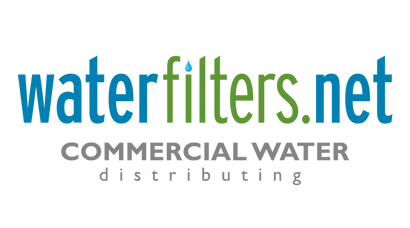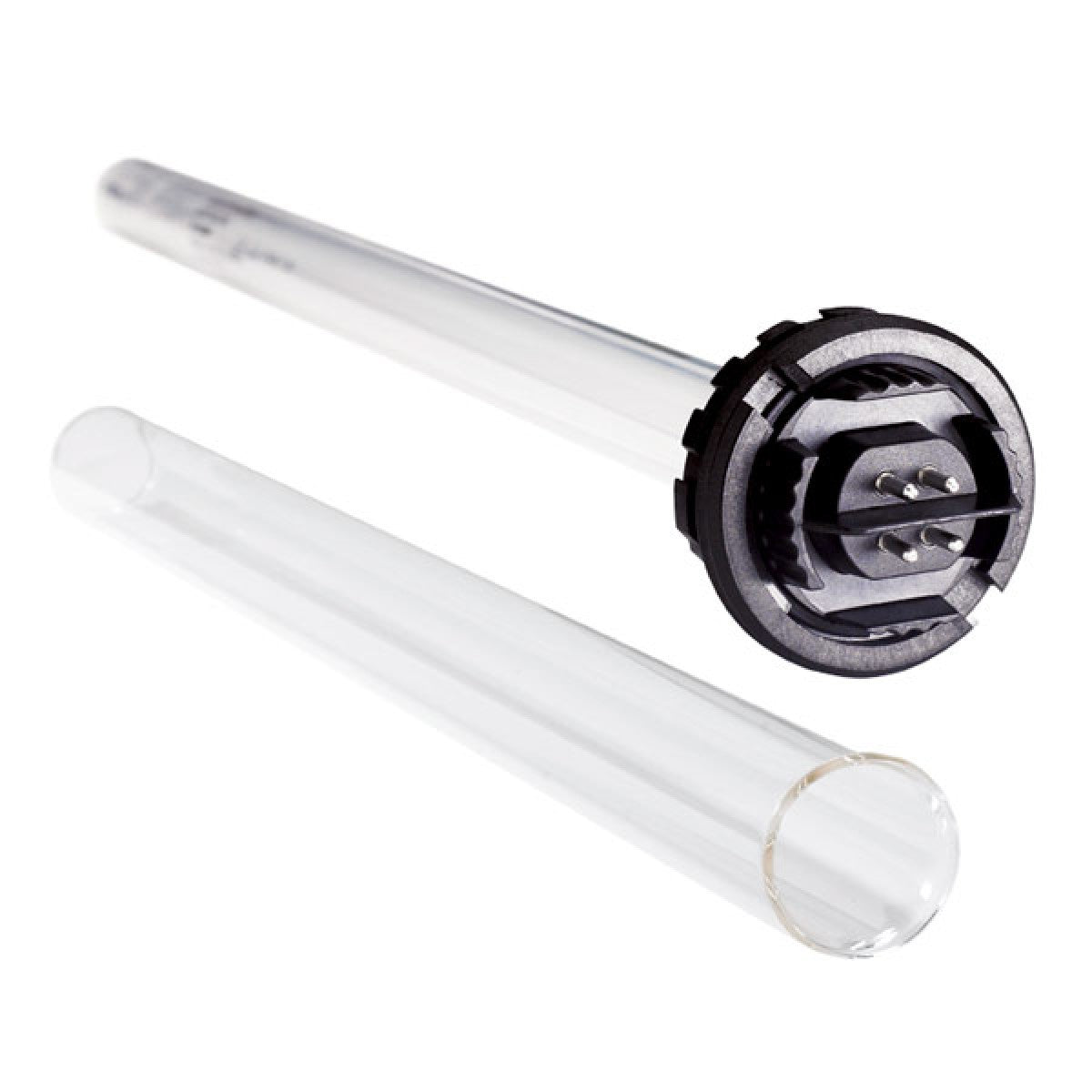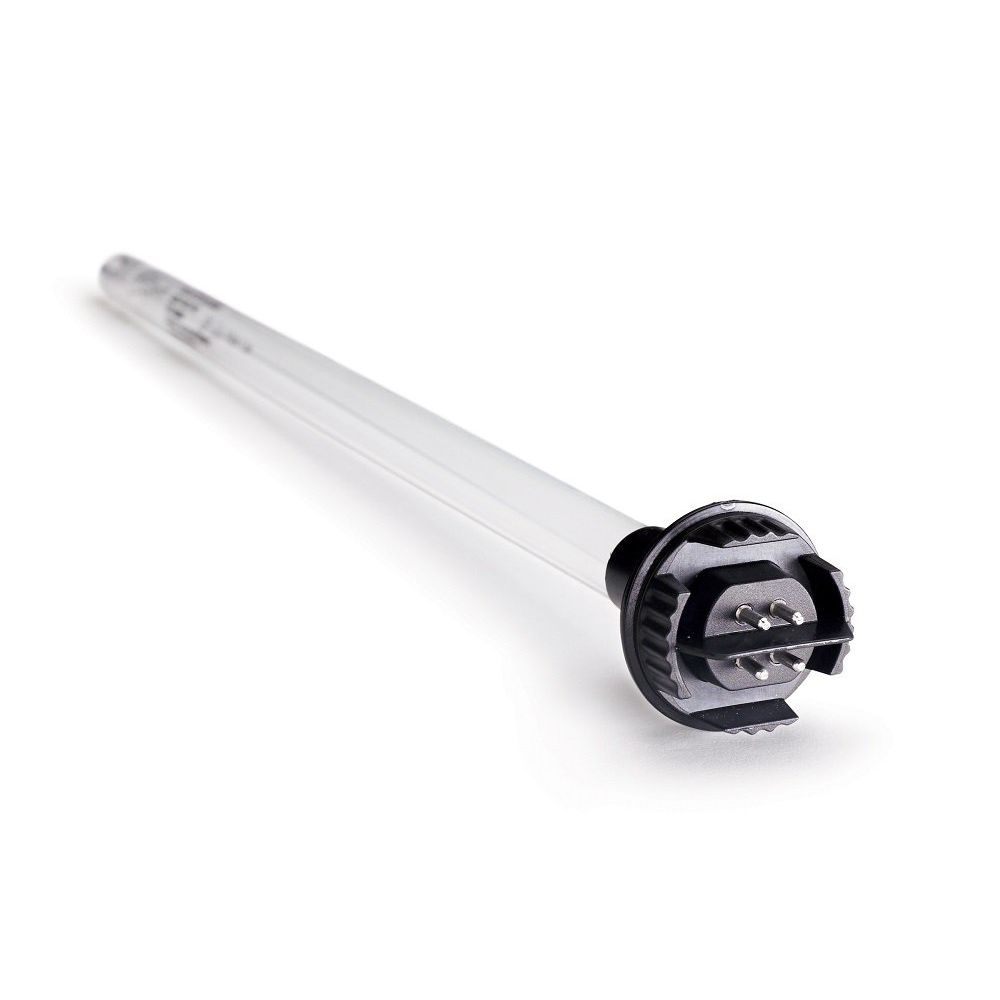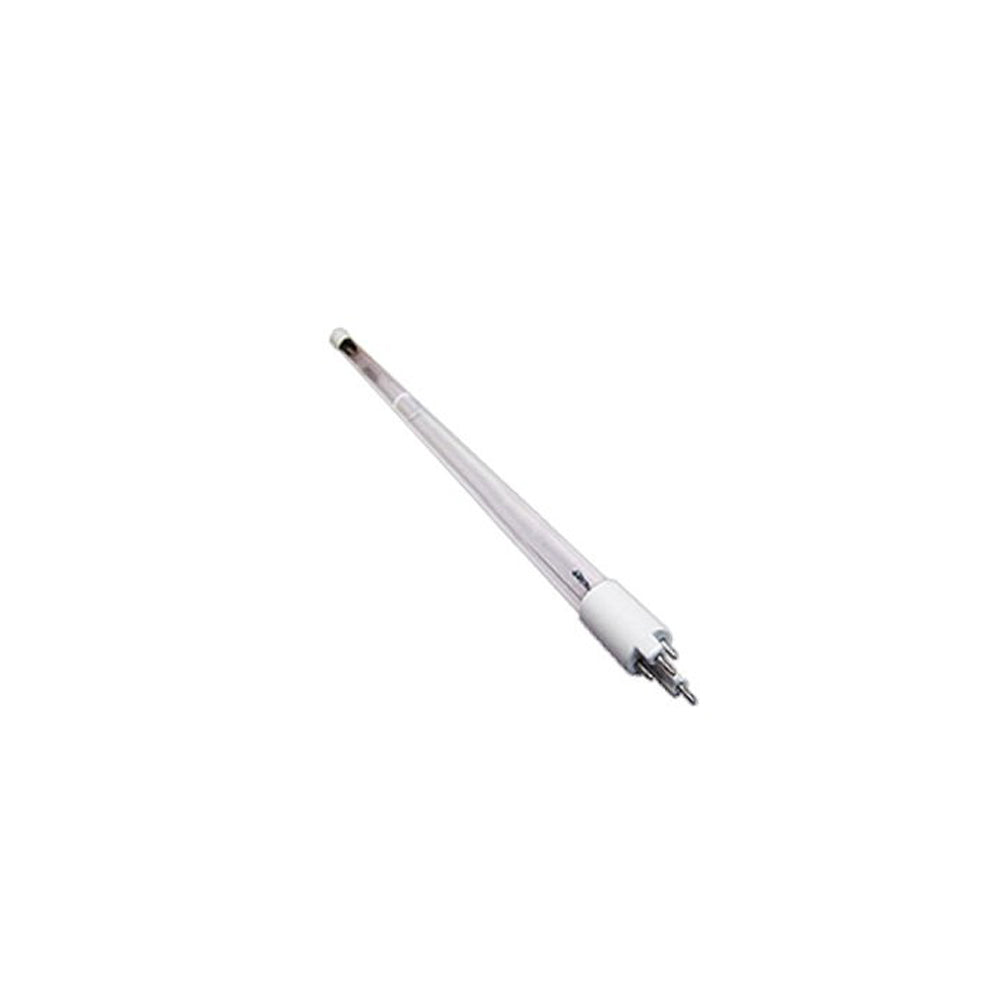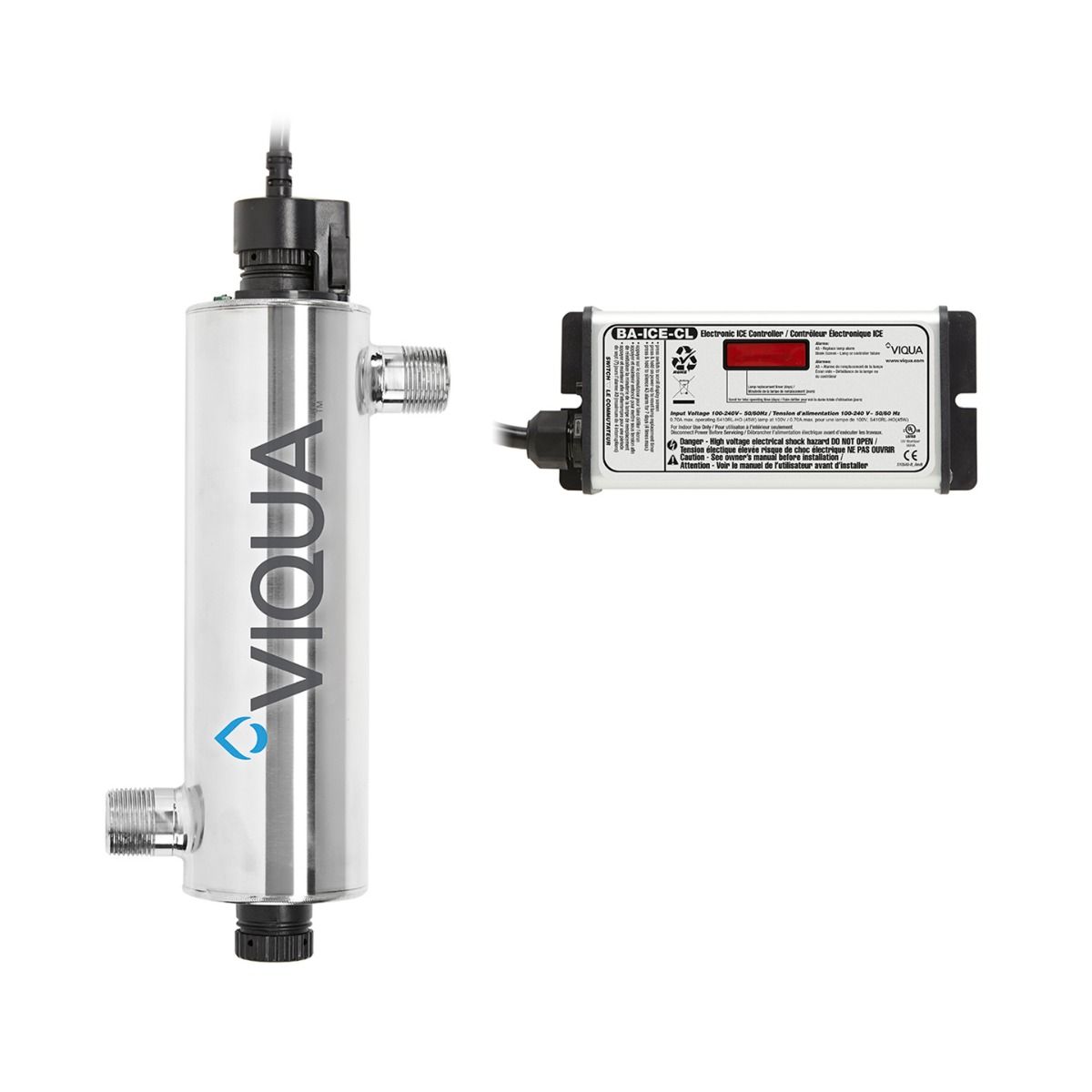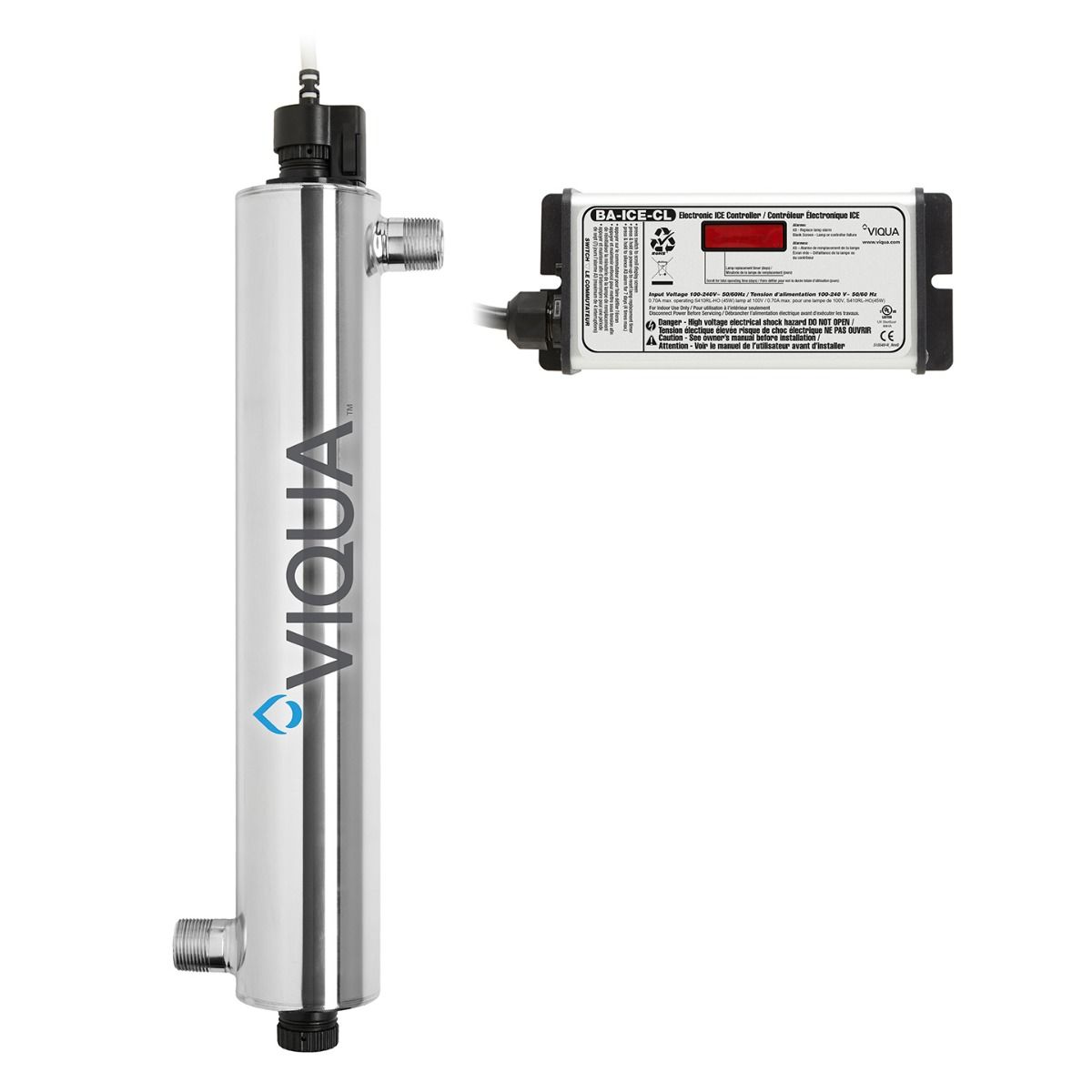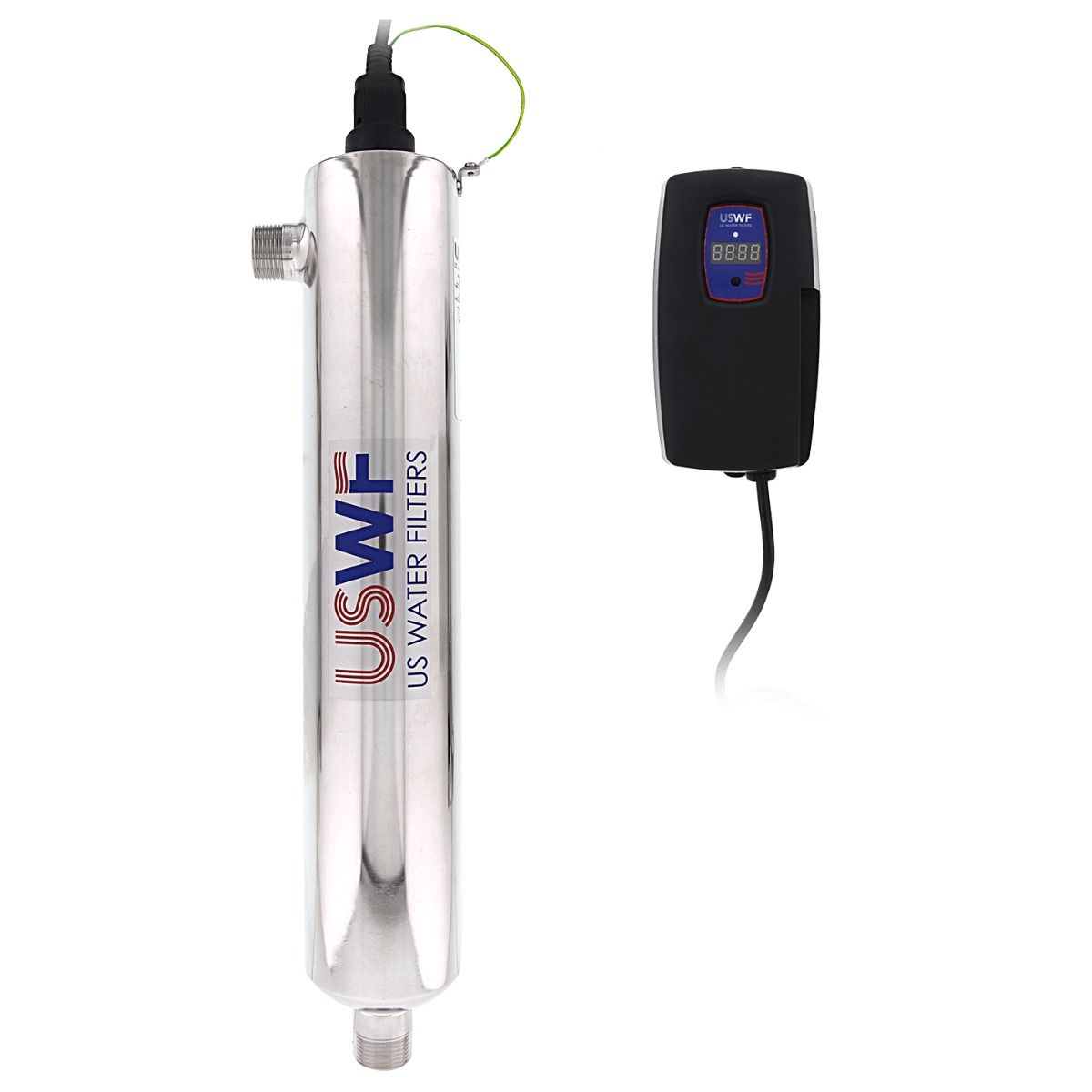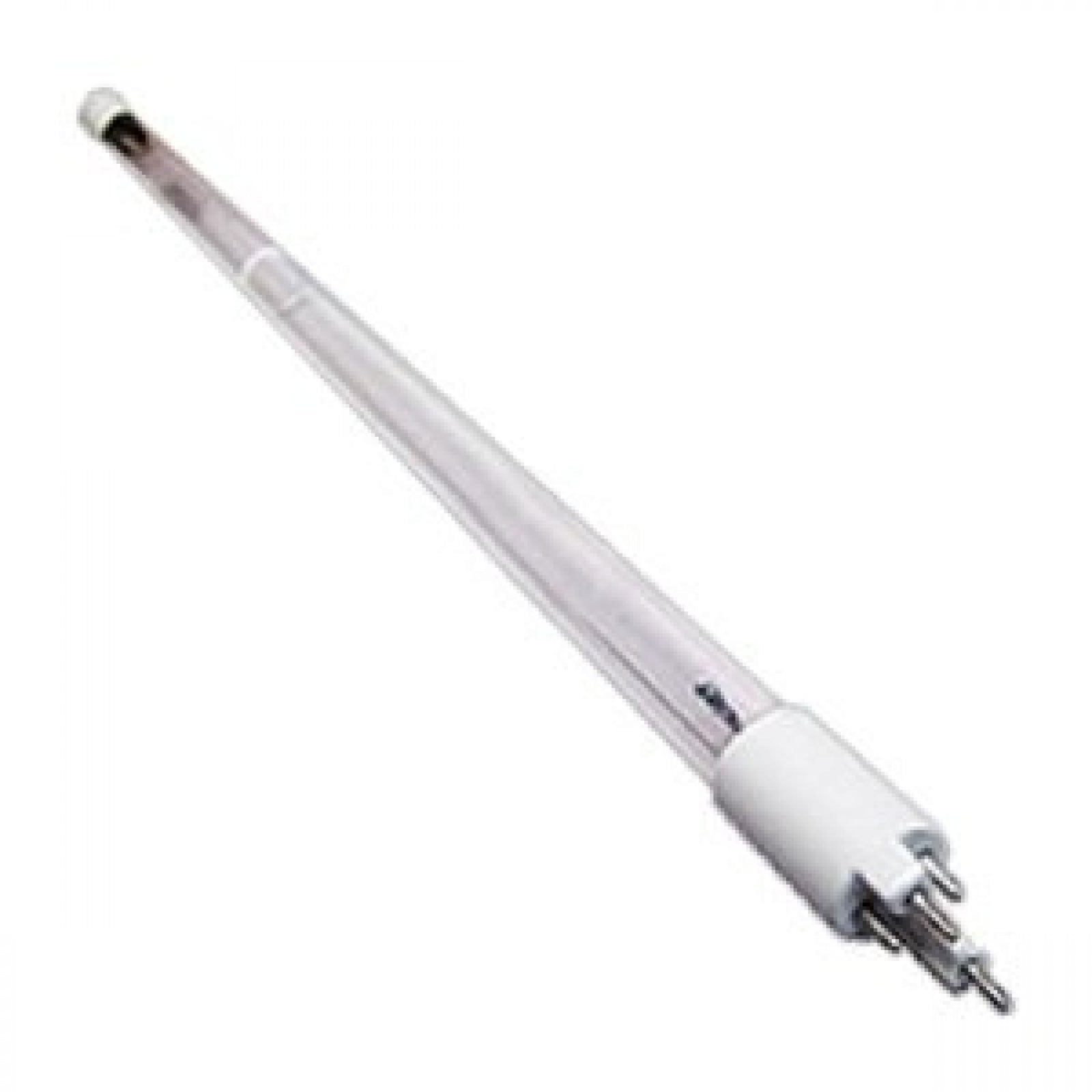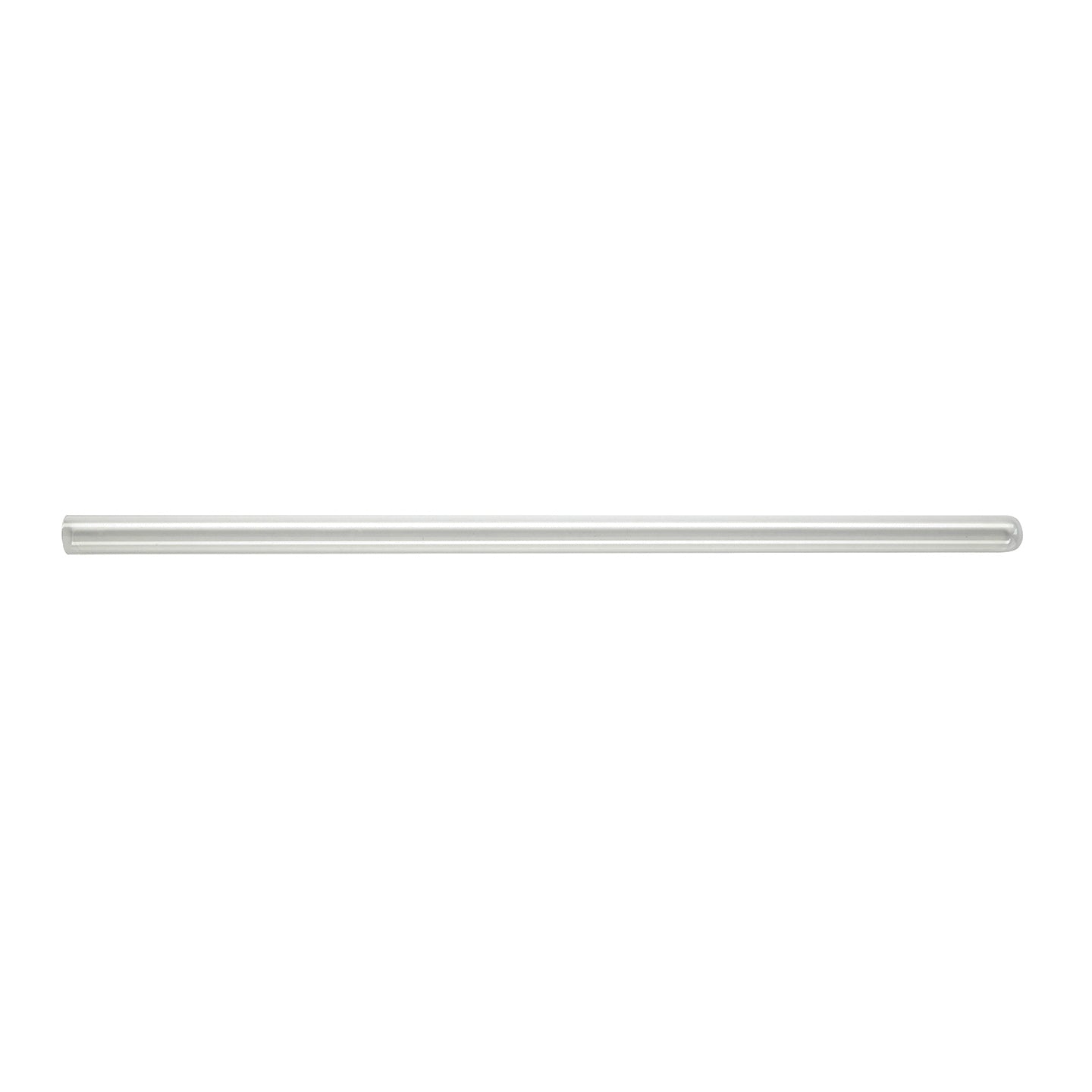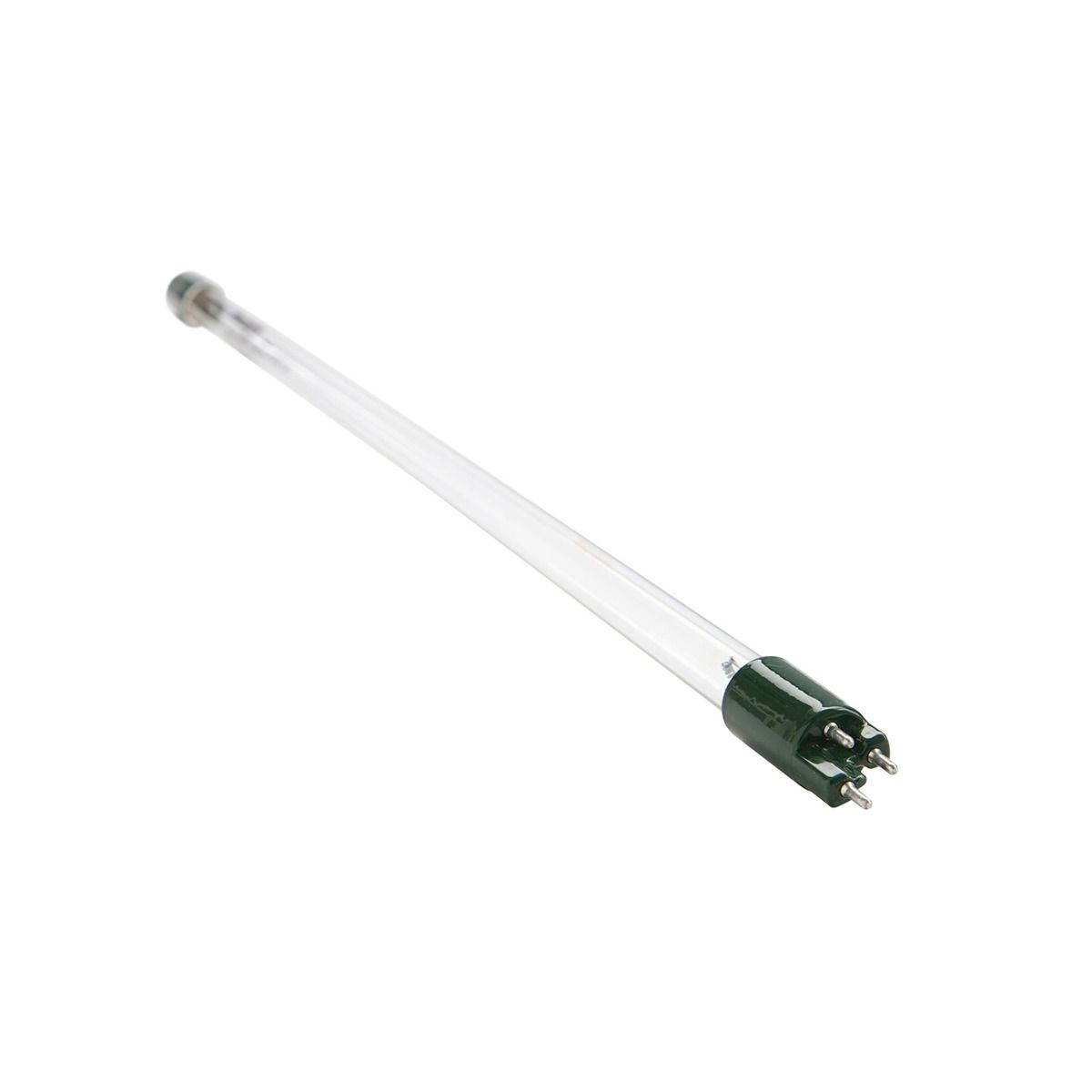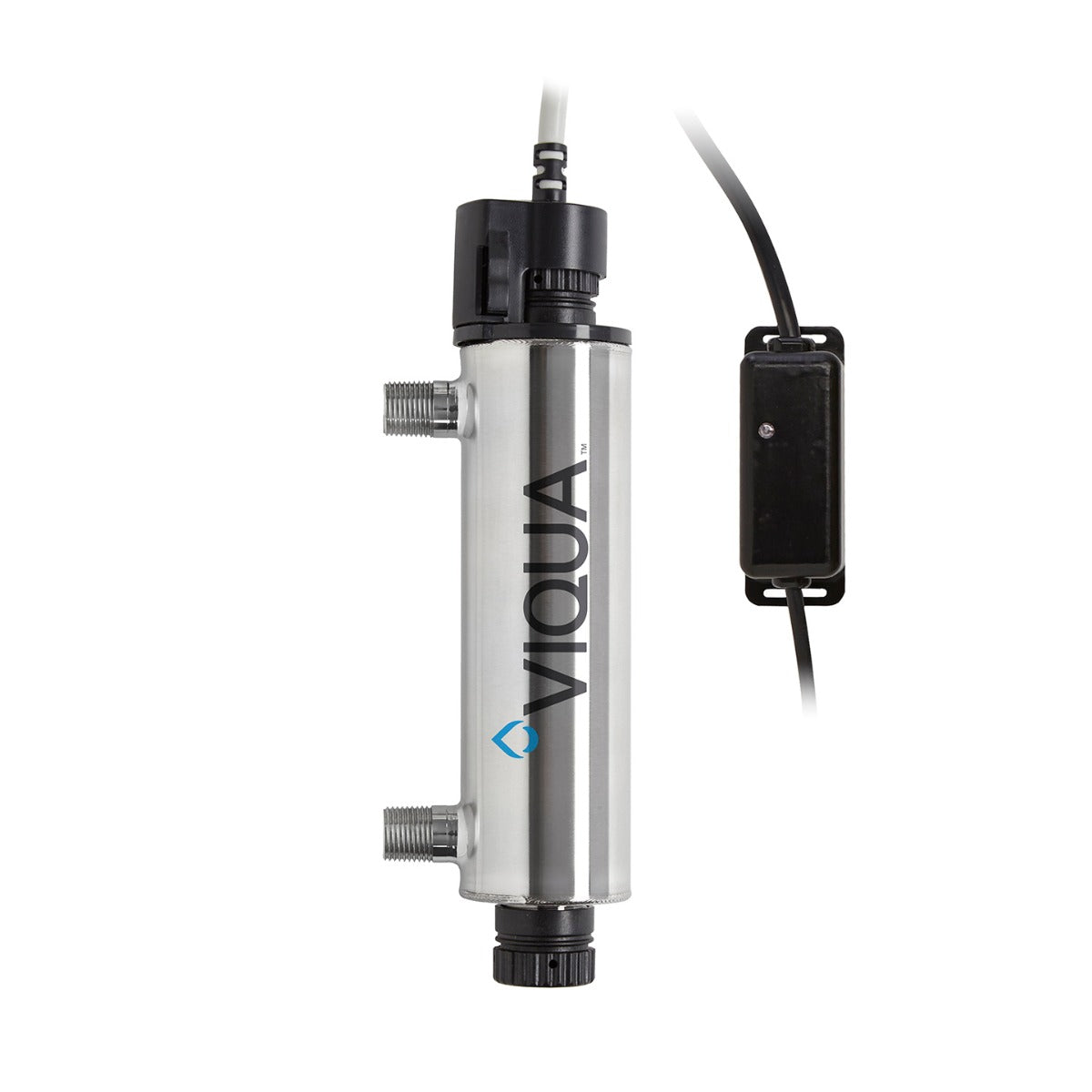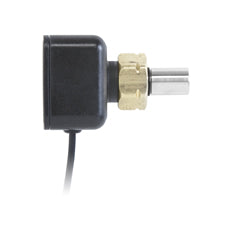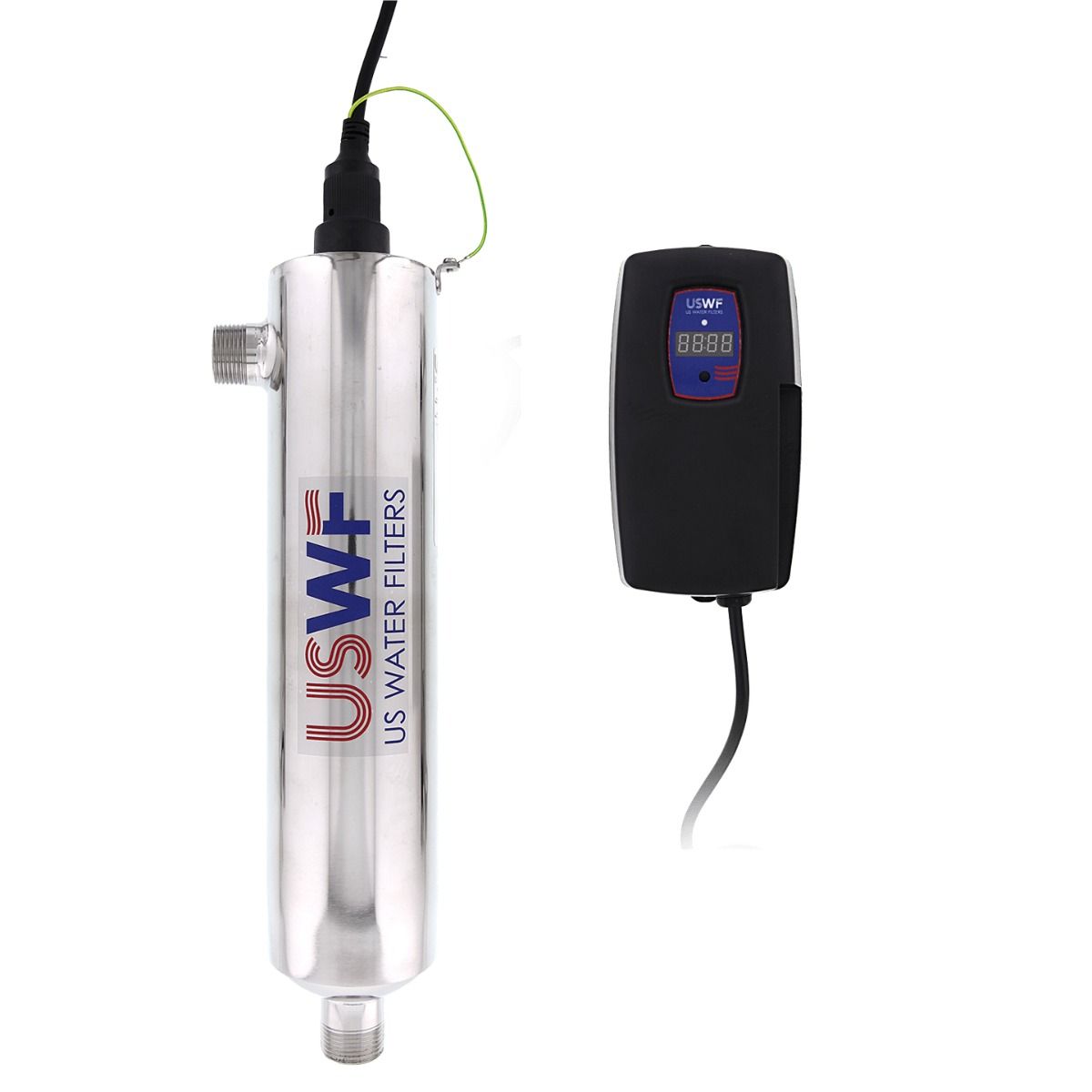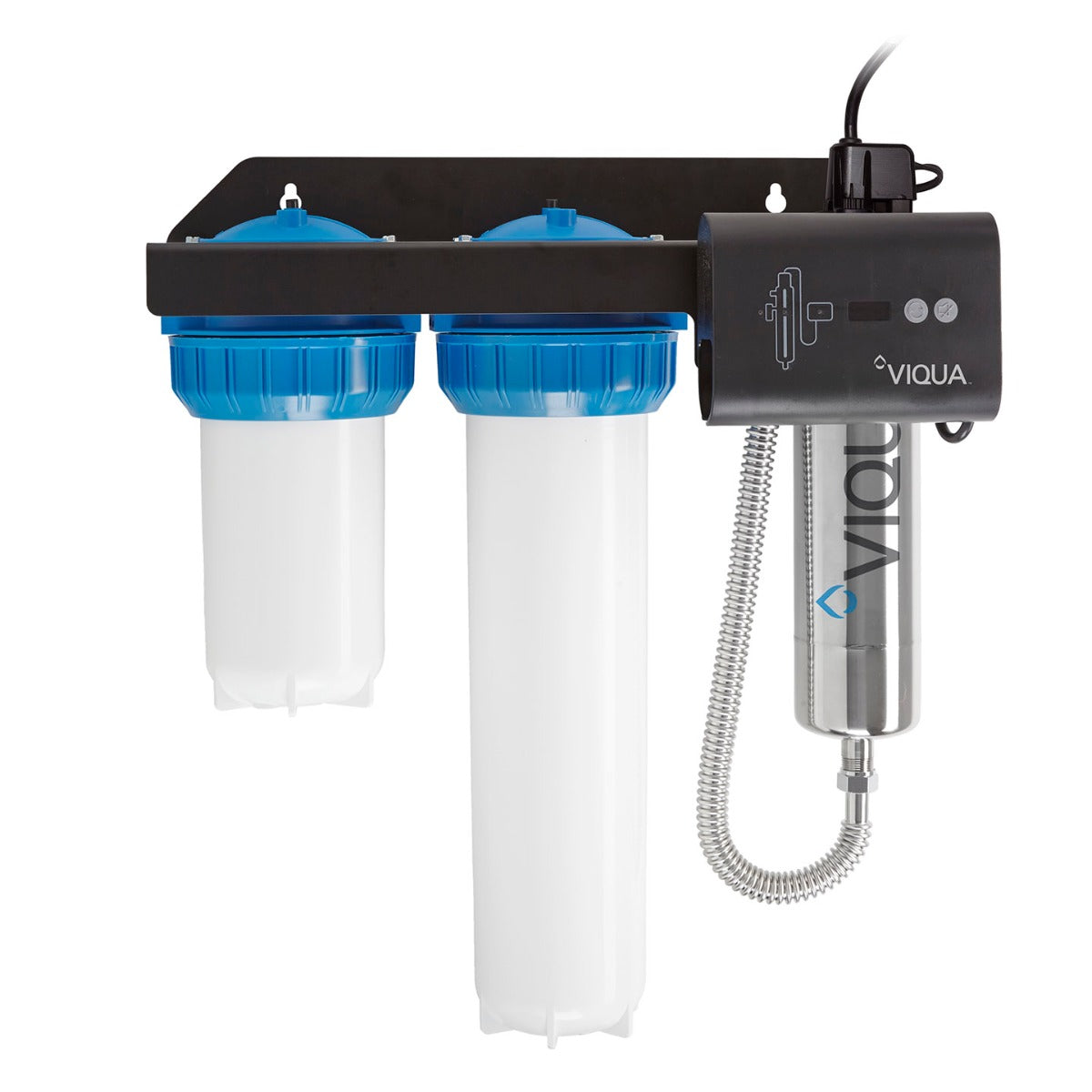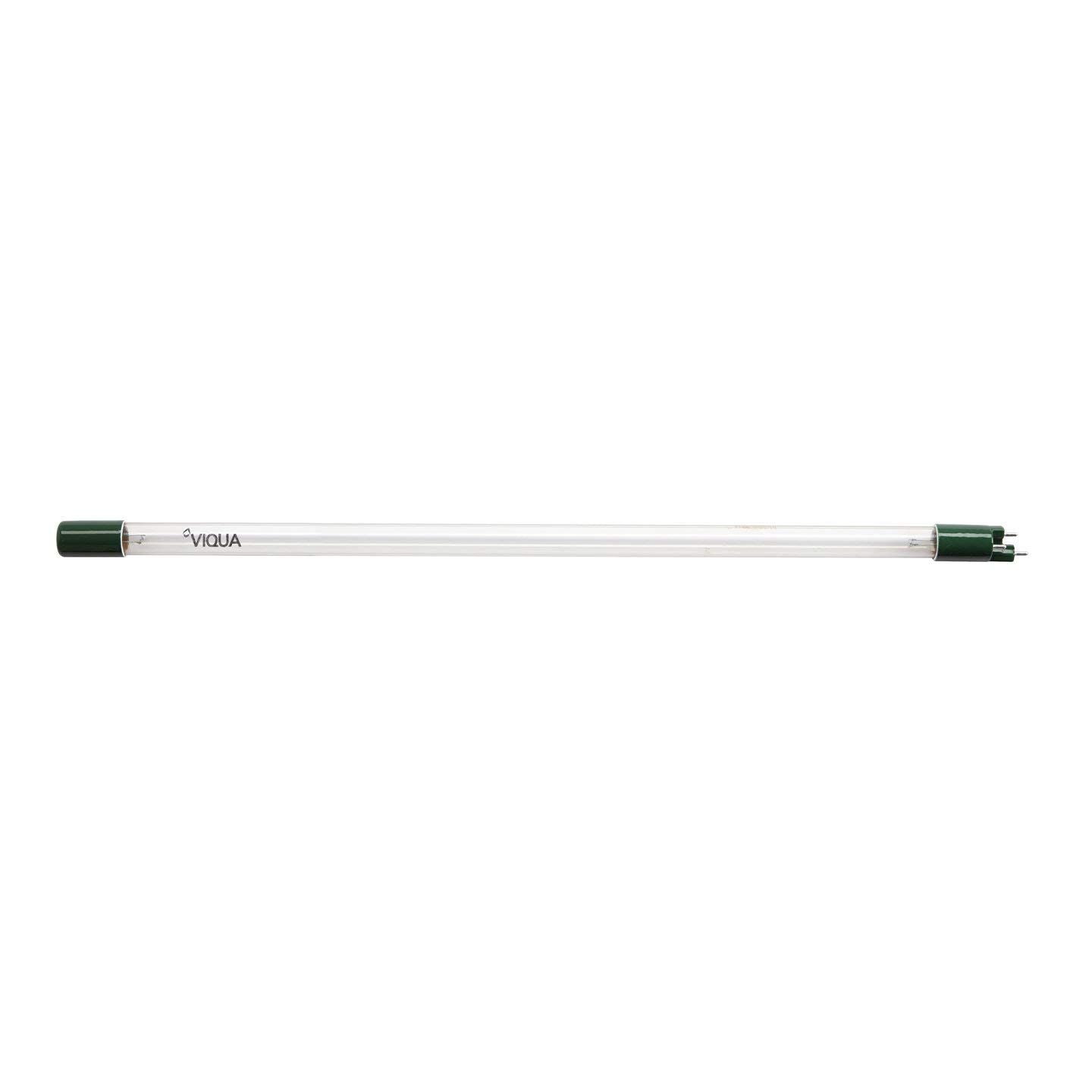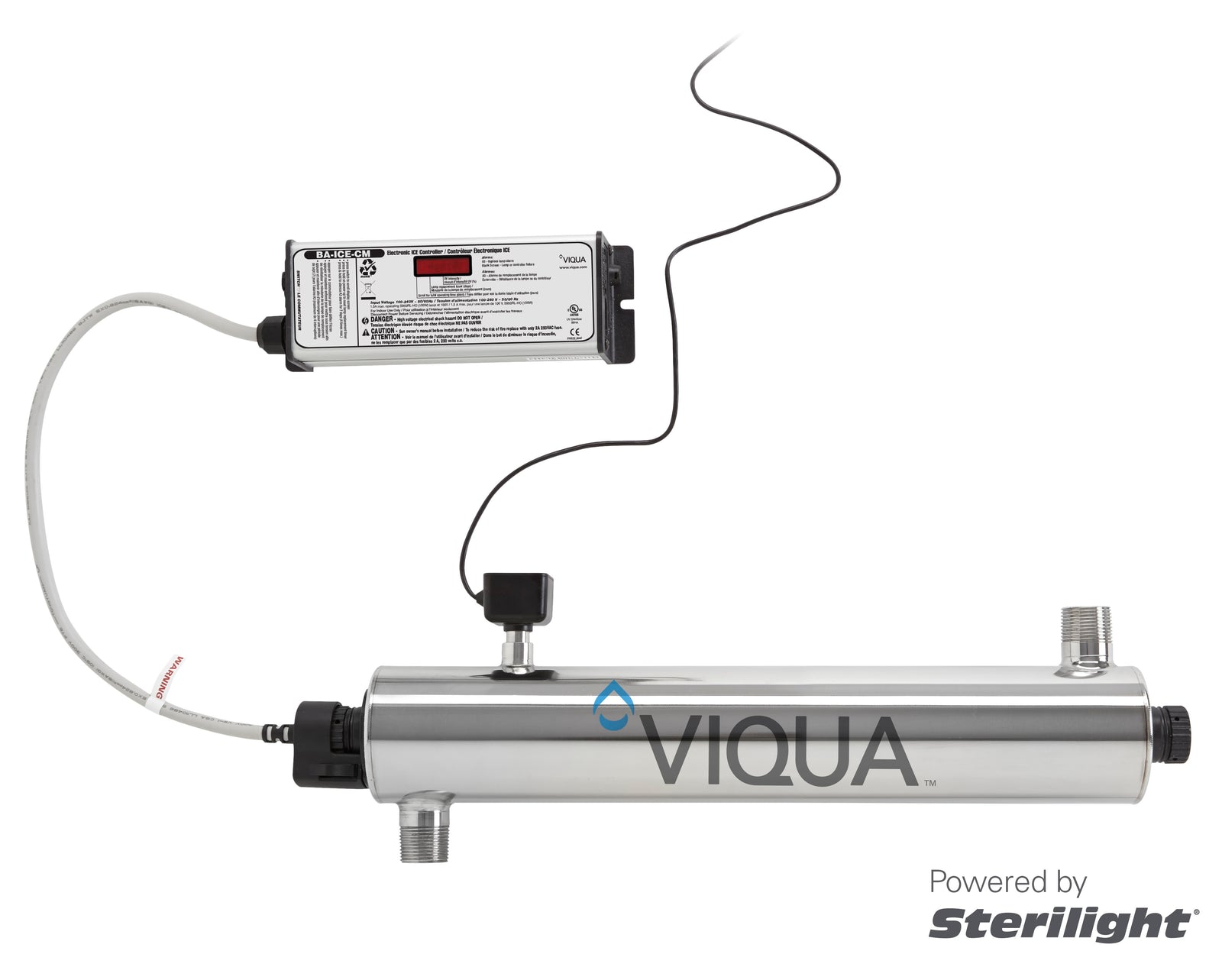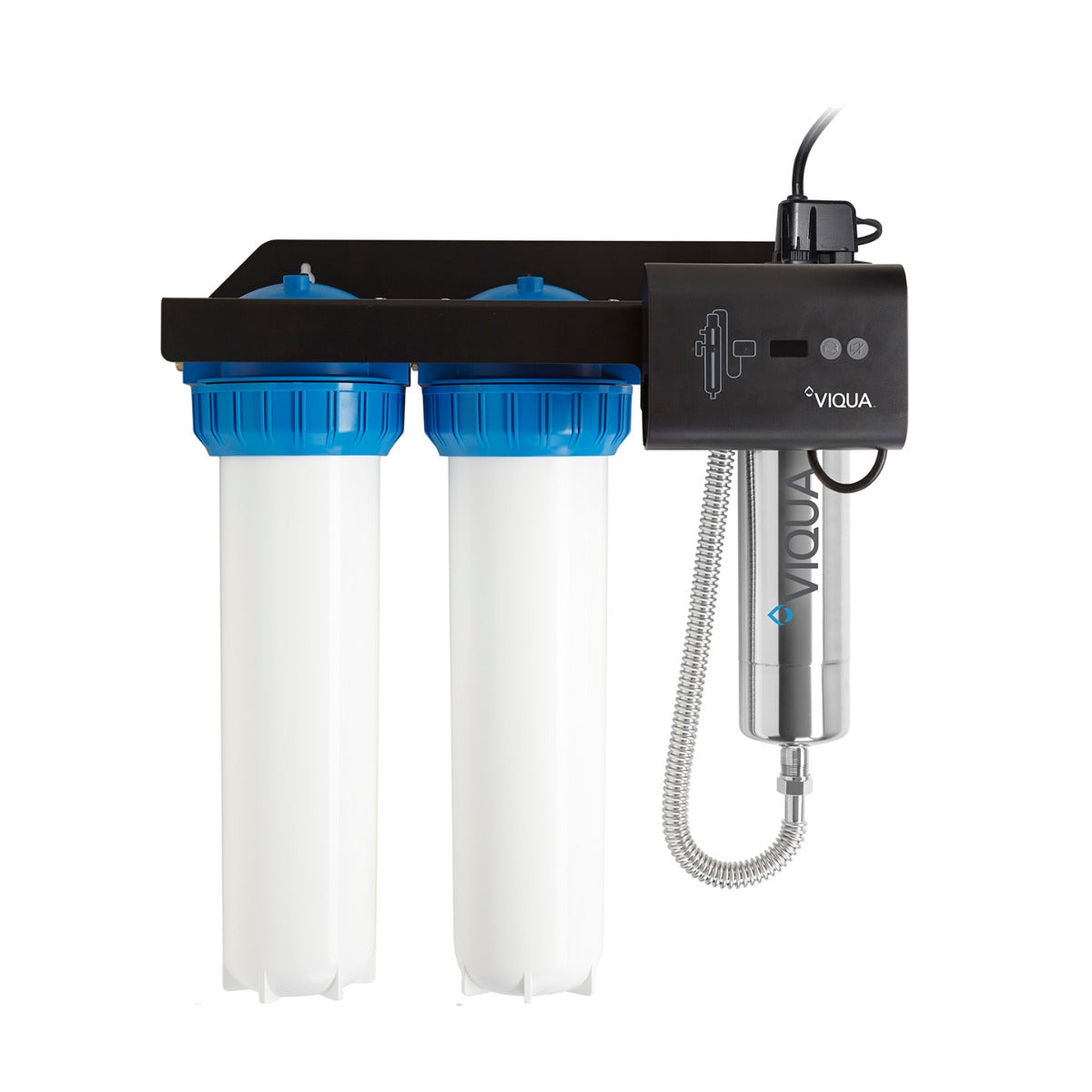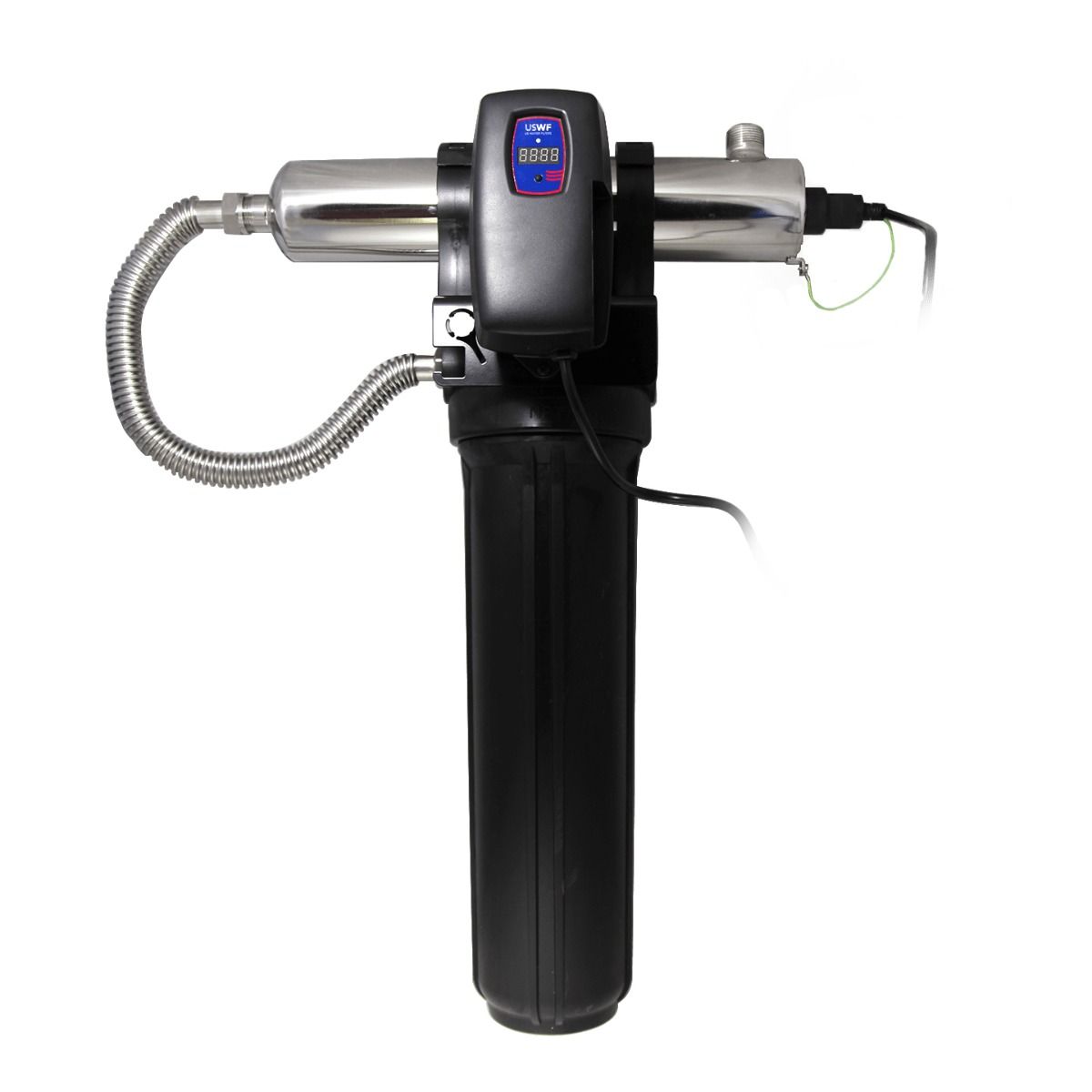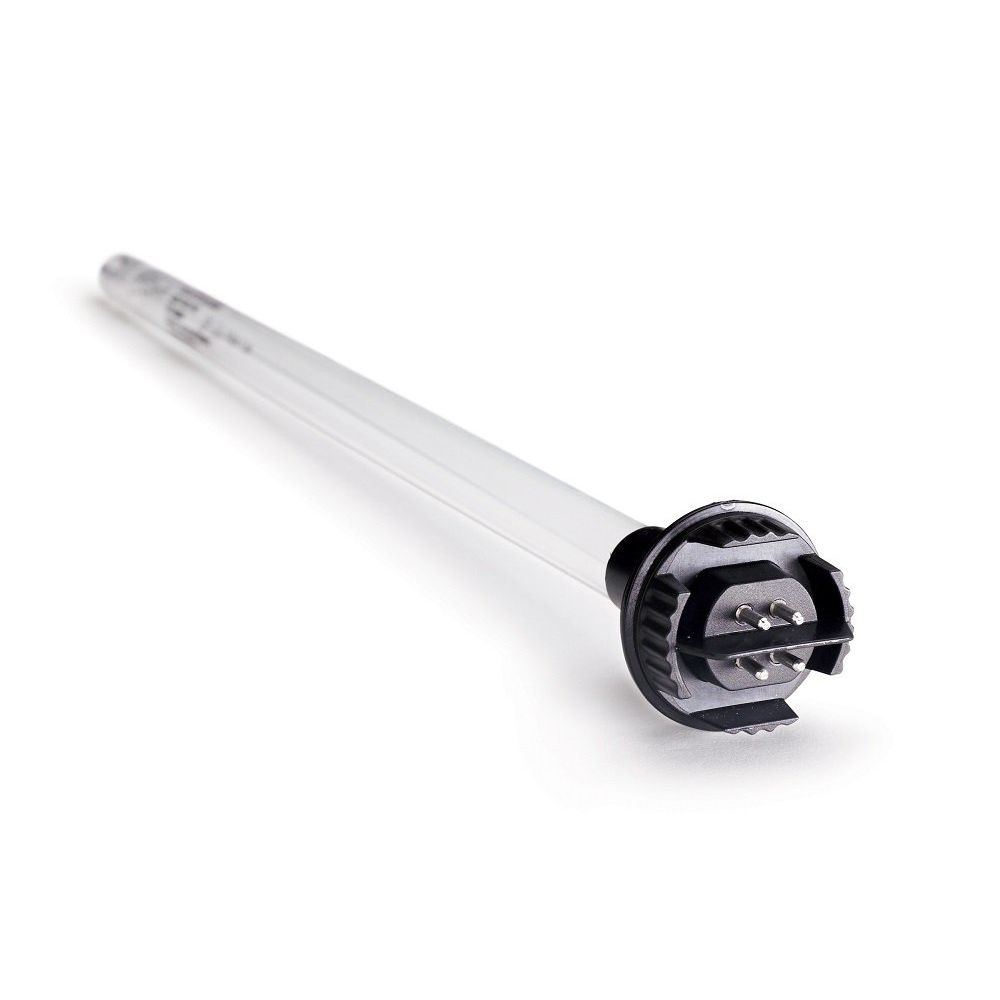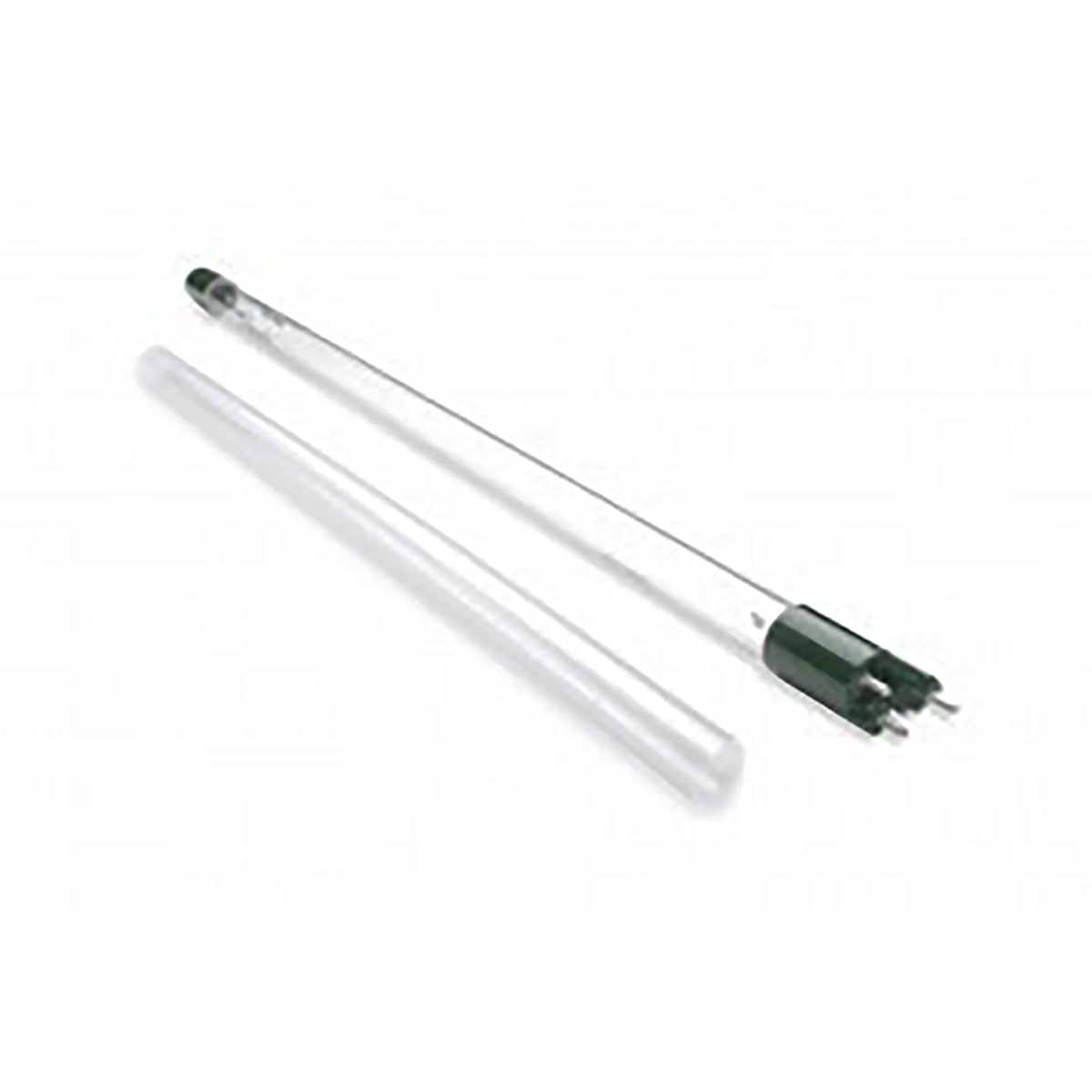Whole House Systems
Drinking Water Systems
Replacement Filters
Ultraviolet water filters help reduce bacteria, viruses, molds, algae and other microorganisms that contaminate your water supply by breaking apart their molecular bonds and inhibiting their ability to grow and multiply. This type of filtration system ensures that your water supply is free of contaminants that we don't visibly see.
What is Ultraviolet Water Filtration?
Ultraviolet (UV) is a spectrum of light just below the range visible to the human eye. With a germicidal wavelength of 253.7 nanometers, ultraviolet light alters the genetic (DNA) material in cells so that bacteria, viruses, molds, algae and other microorganisms can no longer reproduce. The microorganisms are considered dead thus eliminating the risk of disease contracted.
Aside from pretreatment/post treatment to inhibit growth of microorganisms, UV filtration is also used to remove ozone, chlorine and trace organics, and reduce total organic carbon (TOC) in the water supply. The water is exposed at a controlled rate to ultraviolet light waves. The bacteria absorb the UV radiation energy, which destroys or inactivates their DNA; thus, preventing the bacteria from reproducing. UV systems may reduce 99% of bacteria in the water.
How does Ultraviolet Water Filtration work?
Ultraviolet disinfection uses a UV light source, which is enclosed in a transparent protective sleeve. It is mounted so that water can pass through a flow chamber. Then, UV rays are admitted and absorbed into the stream.
The UV-C spectrum (200 to 280 nanometers) is the most lethal range of wavelengths for microorganisms. When ultraviolet energy is absorbed by the reproductive mechanisms of bacteria and viruses, the genetic material (DNA/RNA) is rearranged and they can no longer reproduce.
What are the benefits of UltraViolet Water Filters?
It is proven scientifically that 85% of child sickness and 65% of adult diseases are produced by water-borne viruses, bacteria and intestinal protozoa such as Cryptosporidium and Giardia. Inappropriate water treatment can lead to heath problems - hepatitis B, tuberculosis, meningitis, typhoid fever, tricomoniasis, and cholera, glaucoma, gastrointestinal pain, salmonella, poliovirus, and diarrhea. In North America, E.coli O157:H7, an extremely dangerous strain of E.coli bacteria, infects more than 80,000 people annually. Fortunately, E.coli O157:H7 is easily inactivated by UV light.
Disinfecting your drinking water with ultraviolet light (UV) makes good sense. It's environmentally safe, it's well proven, and it's the way of the future for water disinfection requirements around the globe. UV water filtration can be applied to almost any water system, it adds no chemicals to the water, it wastes no water, UV is particularly effective with viruses, and is inexpensive to maintain.
UV disinfects water without adding chemicals. It possesses some of the same benefits as distillation. It does not create new chemical complexes, nor does it change the taste or odor of the water. UV does not remove any beneficial minerals in the water as well.
Ultraviolet light is a natural, cost effective, environmentally friendly disinfection process for use in homes where healthy water is a must needed.
Load More Products
{"statementLink":"","footerHtml":"","hideMobile":false,"hideTrigger":false,"disableBgProcess":false,"language":"en","position":"left","leadColor":"#146ff8","triggerColor":"#146ff8","triggerRadius":"50%","triggerPositionX":"left","triggerPositionY":"bottom","triggerIcon":"people","triggerSize":"medium","triggerOffsetX":20,"triggerOffsetY":20,"mobile":{"triggerSize":"small","triggerPositionX":"left","triggerPositionY":"bottom","triggerOffsetX":10,"triggerOffsetY":10,"triggerRadius":"50%"}}
